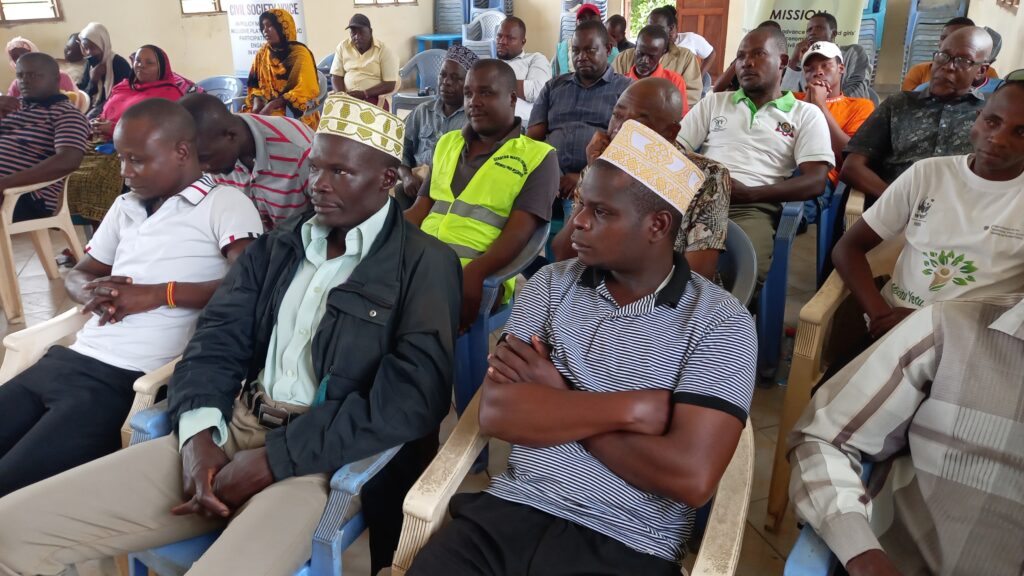BY SHABAN OMAR
A group of persons with disabilities (PWDs), women, and youth in Kwale County have been trained on comprehensive budget management, public participation, and governance to bolster community engagement and development.
It is a three-year project funded by UNDP through Amkeni Kenya and the Embassy of the Netherlands.
In Kwale, the project is being implemented by the Muslim Advancement of Women’s Rights and Protection.
The program is designed to empower the targeted groups by enhancing their understanding of fiscal processes and their rights and responsibilities in local governance.
The training covered various aspects of budgeting, including how to read and interpret budget documents, the significance of public participation in budgeting processes, and how to advocate for their needs and interests effectively.
MWARP field project officer Mgeni Nasoro said the participants were educated on the mechanisms of pre-budget governance and the importance of civic involvement in decision-making.
Nasoro said the program seeks to foster an inclusive and participatory approach to development looking at the fact that women, PWD and youth are often sidelined.
“The project aims to bridge the gap by promoting inclusiveness, recognizing that women, PWDs, and youth are usually left out and deserve a meaningful role in shaping their futures,” she said.
Nasoro mentioned that the targeted group was guided through the projects planned for both the 2024/2025 and 2025/2026 financial years for analysis and recommendations.
The officer noted that youth, women, and persons with disabilities have had limited awareness regarding public participation, advocacy for development projects, and holding leaders accountable.
She said some individuals would complain about development issues but never attended public participation forums where budget matters are discussed.
Nasoro added that others believed public participation was intended only for certain people and therefore did not engage in the forums.
She said the training brought local leaders to provide insights and information on development projects, including those proposed, implemented, and those that failed.
Nasoro said that the move aims to help participants distinguish between national and county government projects and to establish effective follow-up mechanisms.
“You often see people blaming an MCA for a project that falls under the national government’s jurisdiction and that’s why we organize roundtables with various leaders and the community to clarify the issues,” she said.
Nasoro added that implementing such civic education programs empowers marginalized groups by providing them with the knowledge and skills needed to promote equity and strengthen democratic processes at the grassroots level.
A participant Abdallah Chano hailed the training adding that it has enlightened them.
He said youth were often excluded from public participation because of poor communication.
“Oftentimes, these budget forums are attended only by a select group due to insufficient awareness programs,” he said.
Chano added that, with the training, youth are now better equipped to contribute to local governance and advocate for improved allocation of resources and development projects in their communities.
Shenazi Harun said that the training helped her understand the processes of budgeting, governance, and leadership.
She said that she has come to realize that women have equal rights to participate in and contribute to the development agenda, just like everyone else.


